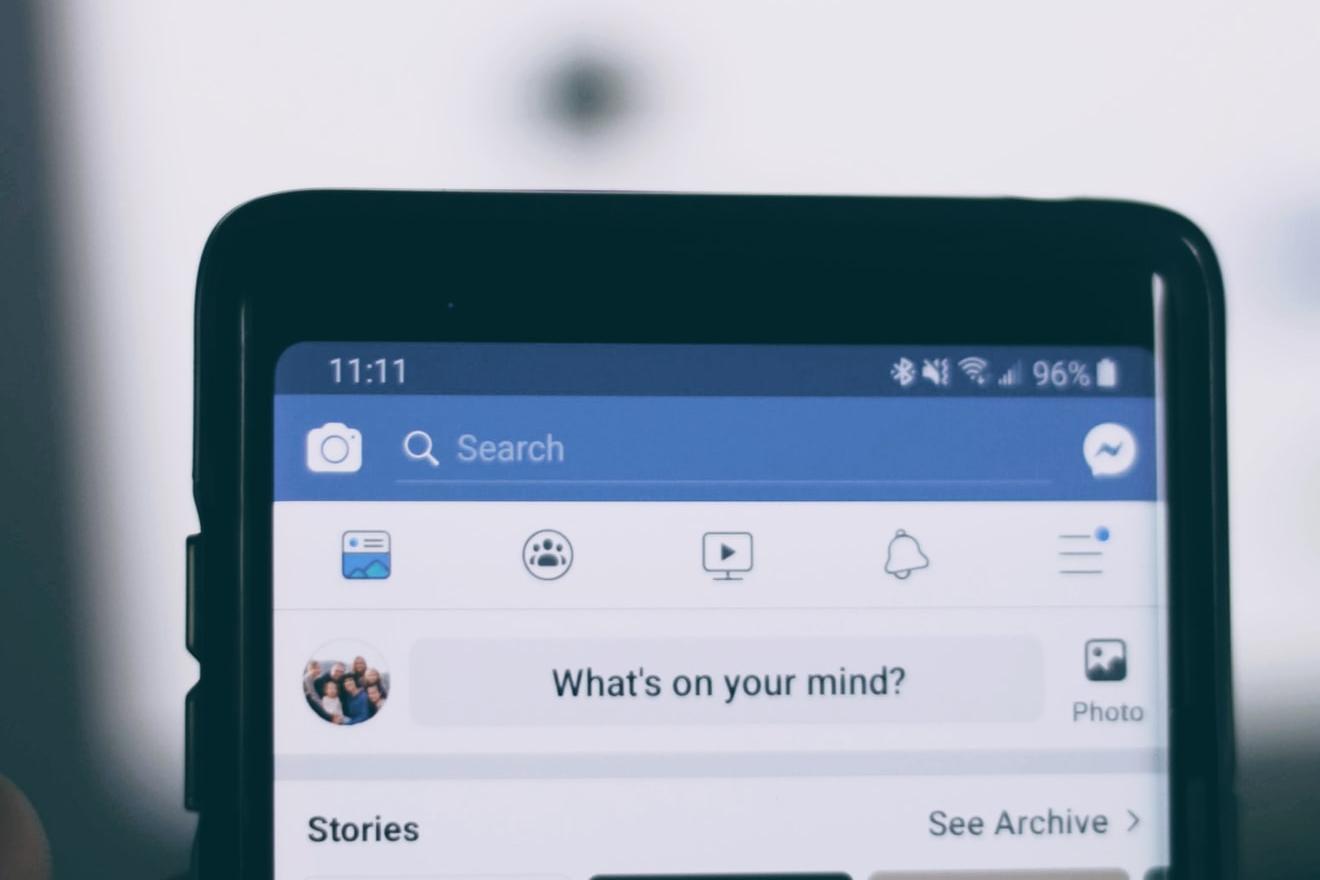
In the wake of Martin Luther King Jr. Day, and as a new presidential administration takes shape, Facebook has hired Roy Austin to become its first VP of Civil Rights. Austin has worked as a civil rights lawyer for over 25 years, and he has also served on the White House Domestic Policy Council as Deputy Assistant to the President for the Office of Urban Affairs, Justice and Opportunity during the Obama administration.
Facebook talks meaningful change after a boycott and a walkout?
The new position comes after last summer’s ad boycott “Stop Hate for Profit” campaign engaged more than 1,000 companies — including Adidas, Coca-Cola, Unilever and Starbucks — to pause advertising on the platform through July to urge Facebook to build a permanent civil rights infrastructure.
Stop Hate for Profit was spurred by Facebook’s lack of response to the incendiary language President Trump had posted on social media during the George Floyd protests in the spring, some of which included racially charged phrases such as “when the looting starts, the shooting starts.” In an unprecedented move, Twitter flagged that post. Facebook heads decided to take no action on the cross-posted comments, citing the importance of free expression. As companies paused their ads, Facebook employees walked out.
The new VP position doesn’t respond directly to the requests of the Stop Hate for Profit boycott, which recommended creating a specifically C-suite level position. In fact, the coalition claims that during a July 7 meeting with Mark Zuckerberg, the Facebook founder and CEO “made clear he had no intention of taking any steps to tackle our requests.”
What the VP position will bring is someone to oversee civil rights accountability and best practices, according to Facebook’s two-year independent civil rights audit. The audit, which concluded in July, just as Facebook was coming under fire for its lack of civil rights action, notes the position as part of the progress the company made during its two years of observation. Also included were the creation of a Civil Rights Task Force led by COO Sheryl Sandberg, establishing civil rights training for employees and agreeing to add additional civil rights experts to its team.
Despite the progress, auditors are wary of celebrating too heartily. “Given the breadth and depth of Facebook’s reach and its impact on people’s lives, Facebook’s platform, policies, and products can have significant civil rights implications and real-world consequences. It is critical that Facebook establish a structure that is equal to the task," wrote the audit’s authors.
Facebook advertising on precarious footing
Facebook’s approach to civil rights could also affect its own business performance. Data from marketing research company Forrester Research, which it disclosed this month to Retail Dive, found that most companies that paused advertising on Facebook during the boycott did not see adverse effects on their bottom line.
"The fact that they did okay, and there was literally no negative impact, they did no worse than their worst timeframes, to me suggests that the incremental lift [i.e., from Facebook ads] is very, very limited," Sucharita Kodali, vice president and principal analyst at Forrester, told the news site Retail Dive, also noting that before the boycott, very few companies had been bold enough to stop advertising on social media. This data, therefore, affords unique insight into Facebook’s effectiveness.
With insight like this cutting at the root of Facebook’s value proposition, company executives may not feel as inclined to scoff at the requests of boycotters. The data from Forrester should signal to the social media giant the need to set Austin up for success. Otherwise, advertisers may have fewer reservations about pausing or cancelling advertising altogether the next time a civil rights infraction occurs without appropriate response.
One VP alone can’t shift Facebook’s approach to civil rights
Facebook’s civil rights audit includes steps the business must take to make real progress and avoid continuing to facilitate dangerous dialogue. Much of this guidance includes continuing to build the necessary infrastructure and staff to support a highly capable VP of civil rights.
The first two recommendations for the company’s accountability structure are continuing to onboard civil rights expertise for existing teams and building out the civil rights VP’s team up front so that Austin can act with vision and proactivity instead of getting bogged down by more frivolous tasks at the outset.
As Austin enters Facebook, the company may be demonstrating some growth. A day after the harrowing storming of Congress, spurred by Trump, and as employee activists called for a permanent ban of Trump from the platform, Zuckerberg reported that the president’s suspension would not be lifted at least until after he left office.
Perhaps Austin can keep this momentum going. “I am excited to join Facebook at this moment when there is a national and global awakening happening around civil rights,” he said in a statement. “… I could not pass up the opportunity to join a company whose products are used by so many and which impacts the civil rights and liberties of billions of people, in order to help steer a better way forward.”
Image credit: Joshua Hoehne/Unsplash

Roya Sabri is a writer and graphic designer based in Illinois. She writes about the circular economy, advancements in CSR, the environment and equity. As a freelancer, she has worked on communications for nonprofits and multinational organizations. Find her on LinkedIn.














